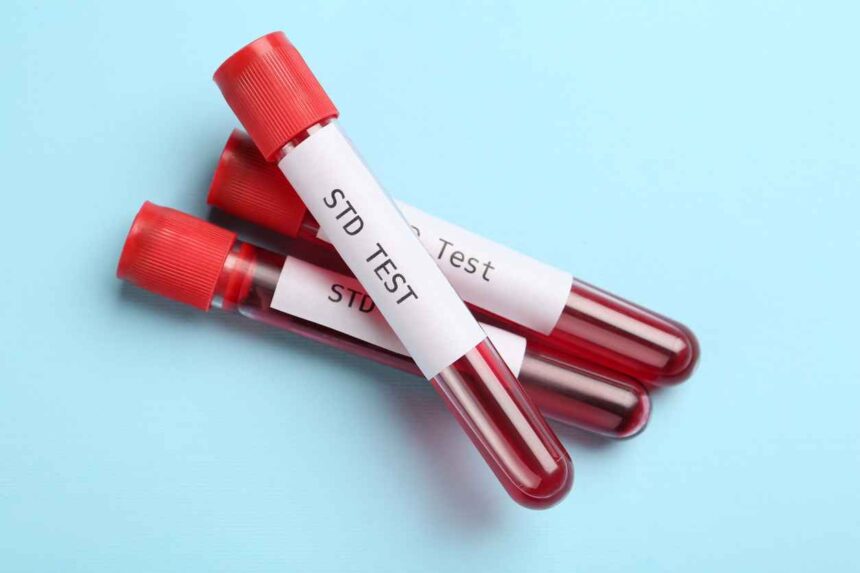Sexually transmitted diseases (STDs) are infections transmitted through sexual contact. Proper diagnosis and treatment from a qualified doctor are crucial for managing these infections. Doctors’ treatment for STDs in Dubai involves a professional and systematic approach that ensures accurate diagnosis and effective management.
What Is a Doctor’s Treatment for STDs?
Doctors’ treatment for STDs involves a combination of diagnostic tests, professional evaluation, and a tailored management plan. Upon visiting a healthcare professional, the process usually starts with a detailed medical history and physical examination. Diagnostic tests such as blood tests, urine samples, or swabs may be conducted to confirm the type of infection. Based on the diagnosis, the doctor provides a specific treatment plan to address the condition effectively. The goal is not only to treat the infection but also to prevent further complications.
Benefits of Doctor’s Treatment for STDs
- Accurate Diagnosis: Doctors use advanced diagnostic techniques to pinpoint the exact STD, ensuring proper treatment.
- Personalized Care: Treatment is tailored to your specific needs, taking into account the type of infection and your medical history.
- Prevention of Complications: Timely treatment helps prevent severe complications, such as infertility or chronic pain.
- Confidentiality: Medical professionals maintain strict confidentiality, ensuring privacy and discretion.
- Comprehensive Management: Doctors provide guidance on lifestyle adjustments and preventive measures to avoid recurrence.
Why Professional Diagnosis Is Crucial
A professional diagnosis is essential because many STDs show similar symptoms or remain asymptomatic. Doctors have the expertise to identify infections that might go unnoticed otherwise. Misdiagnosis or untreated infections can lead to serious health risks, making professional care indispensable.
How Doctors Ensure Effective STD Management
Doctors adopt a holistic approach to manage STDs effectively. This includes regular follow-ups, monitoring progress, and addressing any additional health concerns. They also educate patients about safe practices to prevent future infections.
Common Diagnostic Methods Used by Doctors
- Blood Tests: To detect infections like HIV, syphilis, and herpes.
- Urine Tests: Commonly used for diagnosing gonorrhea and chlamydia.
- Swab Tests: Taken from the affected area to identify infections like trichomoniasis.
Importance of Early Treatment
Early treatment is key to minimizing the risk of transmission and preventing long-term health complications. Seeking medical attention as soon as symptoms appear ensures better outcomes and quicker recovery.
FAQs
What happens during an STD consultation?
During an STD consultation, the doctor takes your medical history, performs a physical examination, and may recommend diagnostic tests to confirm the infection.
Are STD treatments painful?
Most treatments are not painful. Diagnostic tests like swabs may cause slight discomfort, but they are quick and manageable.
Can I trust the confidentiality of my STD treatment?
Yes, doctors are bound by law to maintain patient confidentiality, ensuring your privacy.
How long does it take for STD treatments to work?
Treatment duration varies depending on the type of STD, but many infections respond quickly, with noticeable improvement in a few days to weeks.
Is follow-up necessary after STD treatment?
Follow-up appointments are important to ensure the infection has been completely treated and to monitor your overall health.
Conclusion
Can STDs be treated with antibiotics? Yes, many bacterial STDs can be effectively treated with antibiotics. Seeking timely professional care is vital for accurate diagnosis, effective management, and preventing complications. Always consult a healthcare provider for proper guidance and treatment.



